Fuel cell vehicles are just as dependent on air filters to function efficiently. Prateek Pardeshi looks at the Freudenberg MicronAir ® filter in a Hydrogen fuel cell stack deployed on a bus.
Battery Electric Vehicles (BEVs) are getting stiff competition from Fuel Cell Hydrogen and Electric Vehicles. The technology is making remarkable progress, riding on efficiency and reliability. For an automotive component that converts hydrogen gas into electricity, there is a lot that goes on beneath the surface. Hydrogen molecules are broken down into protons and electrons. Protons pass through a membrane, while electrons are diverted to generate direct current, which powers the motor. On the other side of the membrane, they combine with oxygen. As a by product, H20 is emitted. Here the efficiencies are credited to the clean air fed to the Fuel cell which in turn allows it to function efficiently.
In an ICE, we change the air filters after predefined service intervals, which result in clean engine intake and efficient performance. Similarly, fuel cells demand clean filtered air, which Freudenberg Filtration Technologies has made possible with its MicronAir filter series. Commenting on the Fuel cell technology, Felix Herberg, Sales Manager Automotive Filters at Freudenberg Filtration Technologies said, “Fuel cell vehicles are particularly well-suited for long distances thanks to their great range. Because electric cars are most attractive for shorter distances, this alternative drive technology perfectly complements the sustainable mobility mix of tomorrow.” Filters here play a crucial role, he informs.
Fuel Cell Filters
For efficient running of fuel cells, air quality plays an important role in helping to get rid of contaminants like sulphur, hydrocarbons, and nitrogen oxides. These pollutants can affect the cell to varying degrees. Some might decrease performance temporarily. Others, such as fine dust, damage the cell permanently, rendering it less effective or decreasing its lifetime. Commenting on the harmful substances, Ashok Pandey, Director Automotive, Pharma, Consumer Filter, at Freudenberg in India, explained, “Especially in rural regions, outside air tends to contain high levels of ammonia in addition to other substances. The MicronAir® fuel cell filter that is now in use is specifically designed to protect cells from ammonia.”
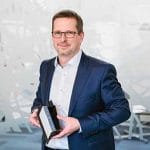
Felix Herberg, Dr Mohsen Sohi, Sales Manager Automotive Filters at Freudenberg Filtration Technologies
A testimony to it being commercially viable is Sentient labs recently rolling out a new Hydrogen-powered fuel cell stack equipped with a Freudenberg MicronAir® filter. While the bus was a prototype , Sentient tapped Freudenberg, for the requirement of a MicronAir ® filter. After fulfilling the requirements on Sentients Labs, Freudenberg equipped every bus with “FC F-513-N” fuel cell filters. They ensure that the buses keep running and reduce maintenance downtimes. Freudenberg has broadly classified MicronAir fuel cell filters into Q and N-type.
There are four major variants of filters namely, cartridge filters, half-open, closed and panel filters with seal. The fuel cell filters are part of Freudenberg’s comprehensive portfolio of standardised products and customised solutions for hydrogen fuel cells. The N filters in particular have been recognised as an outstanding innovation by the Baden-Württemberg Ministry for Environment, Climate and Energy and received the f-cell award for innovative fuel cell technology.
The Filter used has a dimension of 314 mm x 256 mm x 244 mm, having two filter elements. The nominal volume flow rate is ranging from 0-100 m3/h. The filter has the capacity of sustaining housing burst pressure of about 120 mbar an adsorption performance at 70 m3/h. On the performance front, the filter shows a linear progress, as the total pressure drop [Pa] increases, flow rate [l/min], increases too.
Fuel cell evolution
At Freudenberg’s Fuel Cell Technology Centre in Munich, Germany, one hundred experts are already at work. Applications for buses, trucks, and shipping are being developed in collaboration with partners. This includes the creation of a high-performance fuel cell system for long-distance buses that can be combined with a battery to form a hybrid system. “The battery and fuel cell business is being grouped together in a separate Freudenberg Battery & Fuel Cell Business Group. The change takes effect from April 01, 2022,” states Dr Mohsen Sohi, Chief Executive Officer (CEO) of the Weinheim-based Freudenberg Group. With such developments, sales in Asia are increasing. Asia alone accounts for 23 per cent of global sales. Automotive OEMs account for 39 per cent of the total. In contrast, sales in India increased by EURO 71.3 mn between FY2020 and FY2021. Profits increased by about EURO 15 mn when compared to the previous fiscal’s profit as sales owing to product innovations like the MicronAir® filter. ACI
Also read, Freudenberg Filtration Technologies


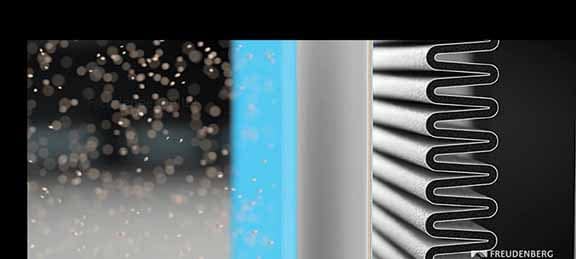

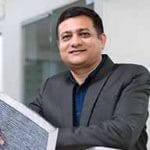
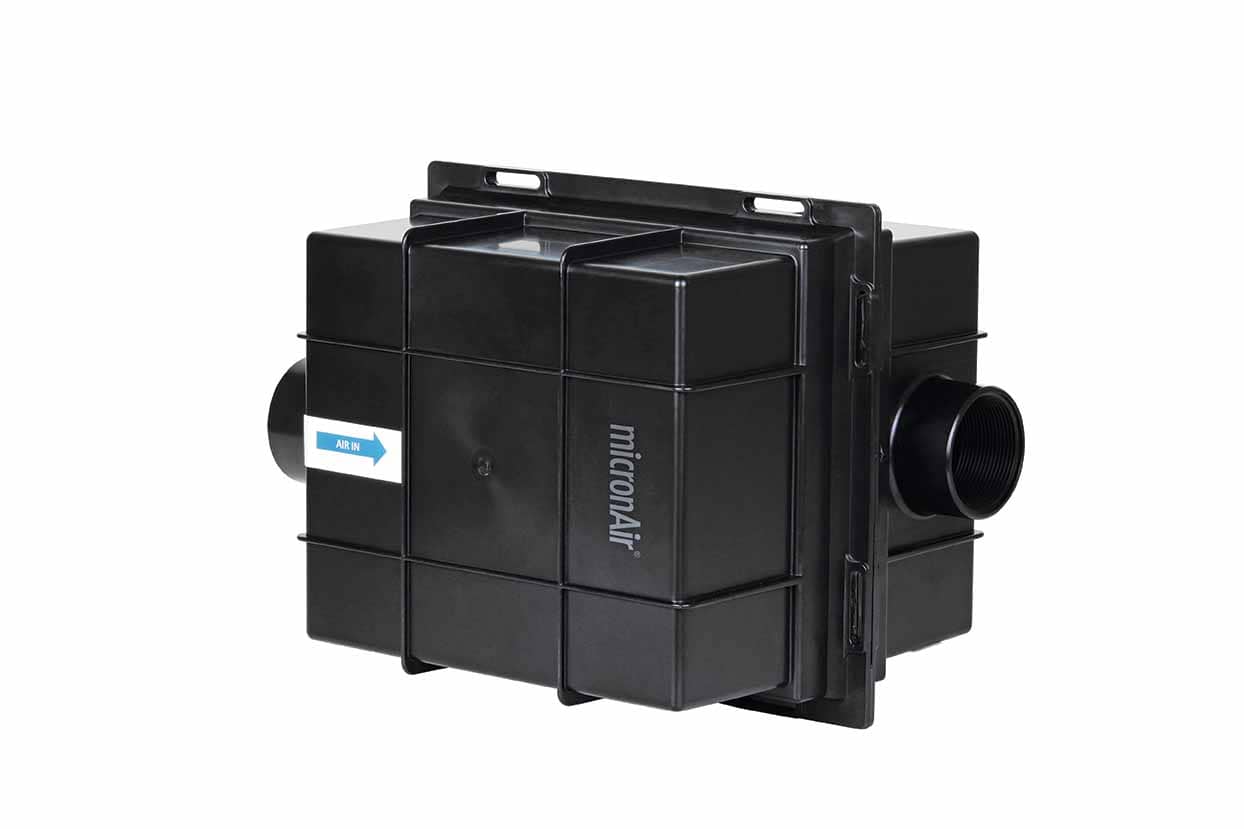

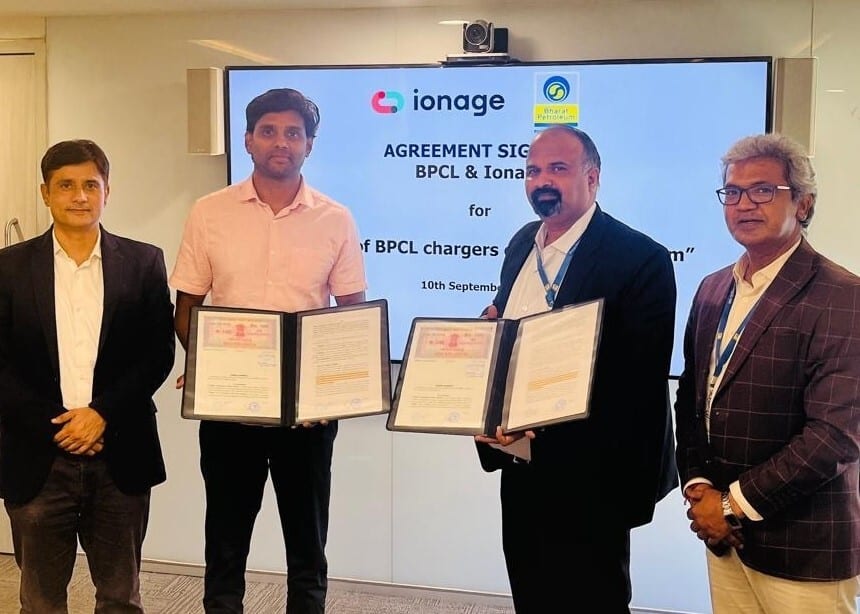
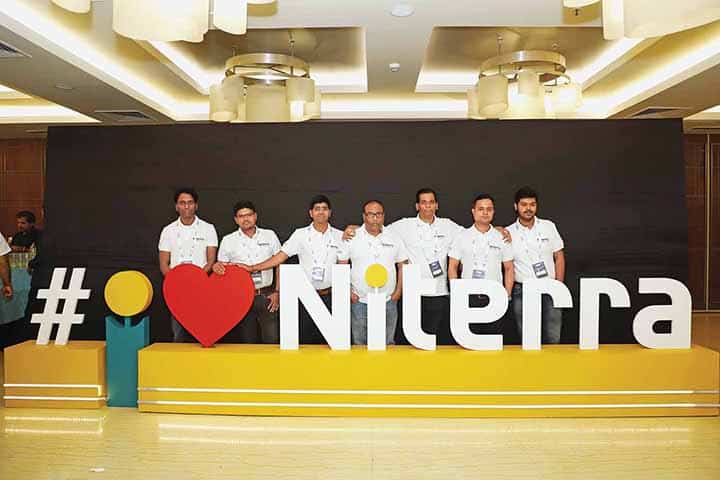
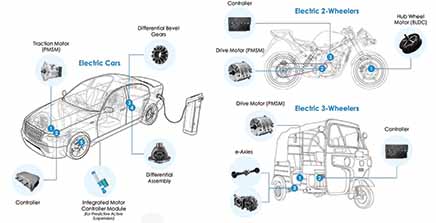

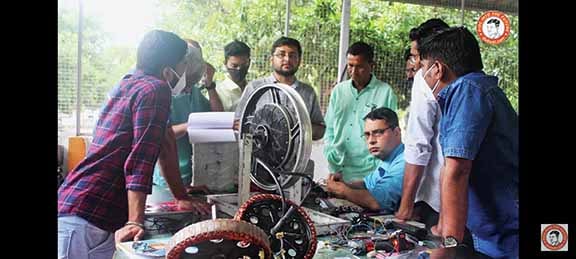
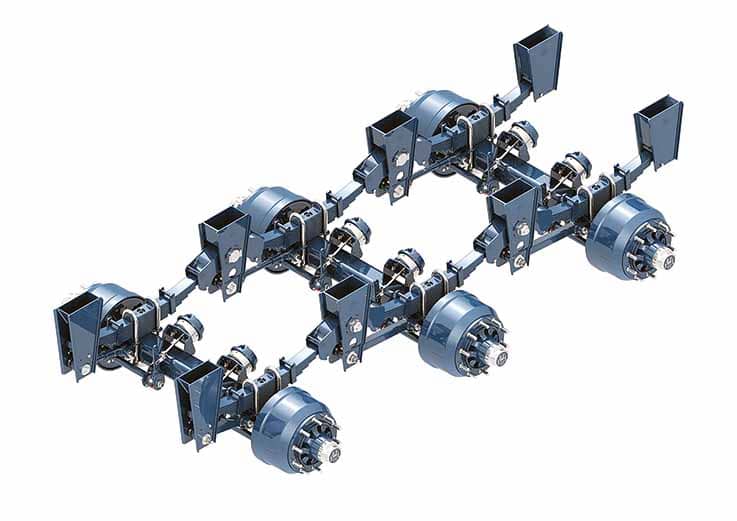





Leave a Reply